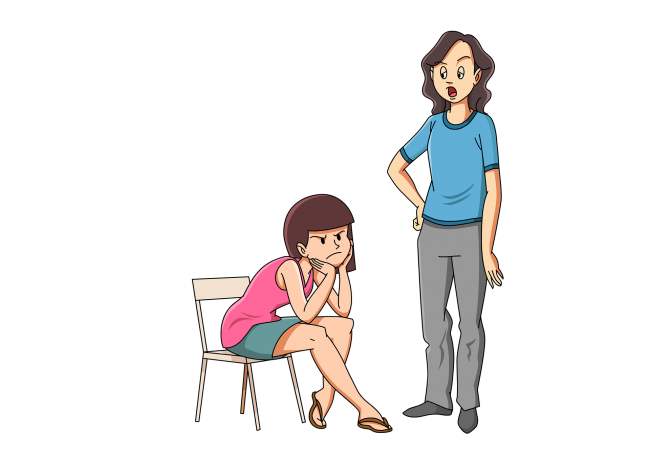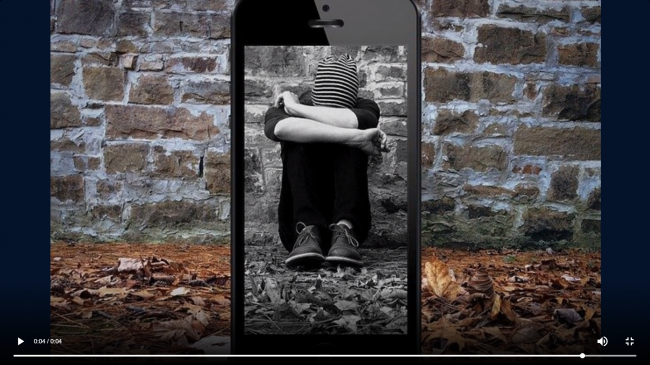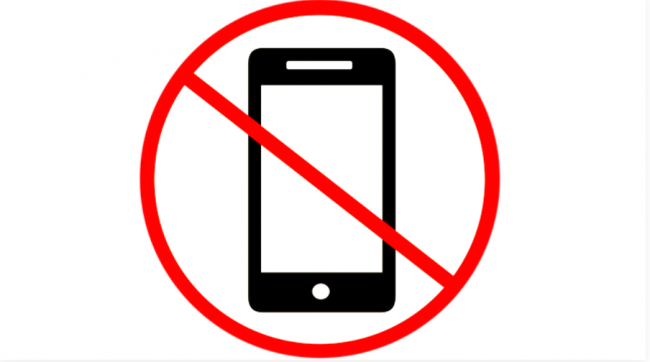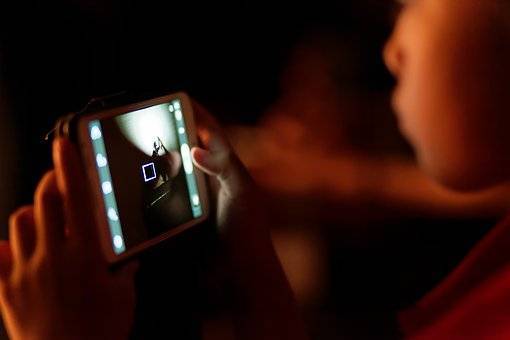Summer holidays have started, and with children and teens already unable to connect with friends during the shutdown a recent PEW survey has been looking at how parents feel about technology and their kids.
Screen Time
Most parents admit to being unsure how much screen time is advisable for children.
Last year the World Health Organisation (remember those days when the WHO didn’t have their hands full with Covid-19?) published guidelines on screen time for under 5s, and the UK Government’s Chief Medical Officer published extensive guidance to help parents and carers understand how to manage screen time and screen activities for children and teens.
Since then, of course, Covid-19 hit and screen time has been something of a lifeline for parents with schools closed and most work having to be done from home.
How would we have managed without Zoom? Without youtube? For children and teens technology became a social lifeline, enabling them to communicate with friends even if they couldn’t see them face to face.
Reasserting control over use of technology in the home.

Who hasn’t needed to pop their children in front of a screen more than normal during the lockdown? It has been an unprecedented time, and although the lockdown has been eased for now the pandemic isn’t over (as this article is being written the UK is starting to implement “localised lockdowns” ) so this could be a good opportunity to get your children away from their screens and out into the sunshine – subject to government advice for your specific situation.
It may be difficult to wrest control of a smartphone back from some children, especially tweens and teens. But if you don’t take control it can leave your children subject to risks such as
- Sexting – Sending intimate self-images to friends that can be widely shared via social media. This can lead to being blackmailed leading to further coercion, damage, or worse.
- Cyberbullying – Being bullied. Particularly pernicious because it is public, and via smart phones relentless, throughout the day and night. Messages include “hurt yourself” and other damaging words.
- Pornography – The average age that a child (male and female) watches pornography is 11 years old. 88% of pornography involves some form of violence towards women. Our children are at risk of being exposed to sexual violence and developing copycat expectations at an incredibly early age.
- Gaming – ‘18’ rated games are routinely played by 12 and 13 years olds. The imagery and desensitising nature of this cannot be over emphasised, nor can the risk of addiction and exposure to online groomers.
- Online grooming – Peter Wanless, CEO of the NSPCC recently described the internet as “a playground for paedophiles”
- Overuse and an unhealthy attachment to the online world can impact on sleep, concentration, relationships and social skills.
Make a Formal, Written Contract Between You and Your Child

Ideally you need to make a contract with them clearly laying out boundaries before giving them a smartphone.
Unfortunately if they already have a smartphone and you haven’t set up boundaries for social media usage and screentime you may be faced with a major confrontation, even with a preteen child.
However, stick to your guns and point out that the Government Guidelines are new, that the suicide of Molly and others like her have been a wakeup call not only to you but to the whole country, including the Government. That you want them to enjoy the internet but hadn’t realised how exposed they were to bad stuff.
If your child is under 13 you can point out that they are not supposed to be on most of the sites until the age of 13. You can also make the point that the Government has just released new guidelines that you will stick to. When, inevitably they say that none of their other friends have this restriction you can point out that
“In this house, we keep the rules”.
Let them know you are there to talk if they are having a problem

However, there is a fine line to walk. Children are likely to not tell you if they are worried about something online (such as bullying) because they fear you will take their phones away.
That is the last thing you want.
So let them know that you are on their side, that they can come to you if they are worried about anything; even if they have disobeyed you.
Finally, while any “smartphone family contract” needs to be age-appropriate, there is one, golden rule that all experts agree on:
No smartphones in the bedroom.
One Golden Rule Above All

It is when they are alone with a smartphone in a bedroom that children and teens are at their most vulnerable not only to the risks laid out above. Furthermore unbeknown to their parents many children and teens are on their phones on and off throughout the night, doing serious harm to their sleep, their mental health and to their school work.
For more guidelines on screen time and misuse:
We’ve compiled a list of online safety resources below.
Online Safety Resources
www.internetmatters.org – advice and information on tackling safety issues
www.thinkuknow.co.uk – advice for children and teens, categorised by age, as well as resources for parents
www.getsafeonline.org – information on protecting your computers and devices against fraud and theft as well as safeguarding children and advice on using social media safely
www.nspcc.org.uk/Share/Aware – NSPCC’s Guide to Social Networking. They also have a free helpline 0808 8005002
www.net-aware.org.uk – NSPCC’s guide to the social networks children use. You can search by app, website or game for reviews by both parents and children and suggested age ratings.
www.pegi.info – for age limits on games which are recognised throughout Europe
www.gamesratingauthority.org – games rating arm of the Video Standards Council with information on video game ratings
www.vodafone.com/content/digital-parenting – aims to empower parents, carers and schools to make the right choices in the digital world. You can download the latest issue of the Digital Parenting magazine from the site too.
www.parentzone.org.uk/peerpressure – a parent’s guide to online peer pressure
www.antibullyingpro.com/how-to-stay-safe-online – advice for children who are being cyberbullied
Reporting Abuse
Child Exploitation and Online Protection Centre (CEOP) has an online form to securely report online abuse www.ceop.police.uk/safetycentre
Help for Your Child







